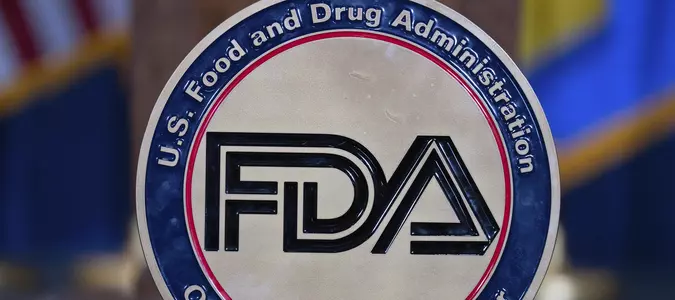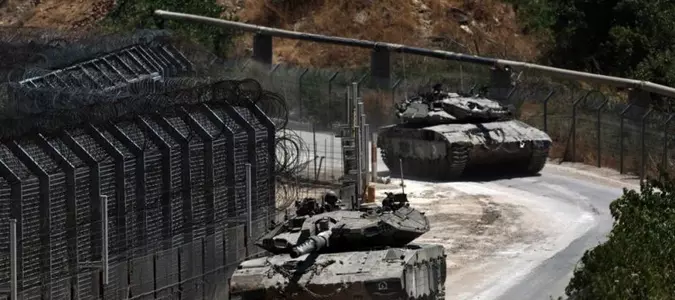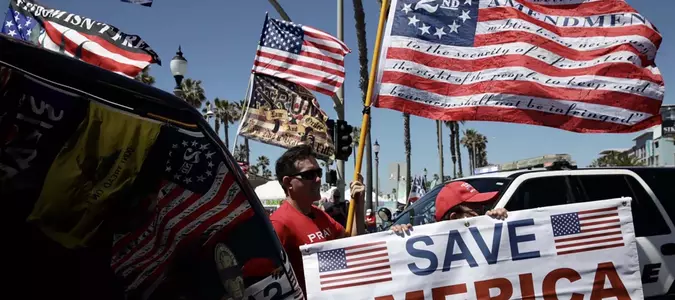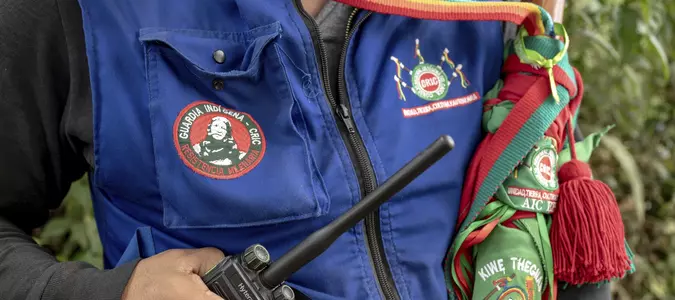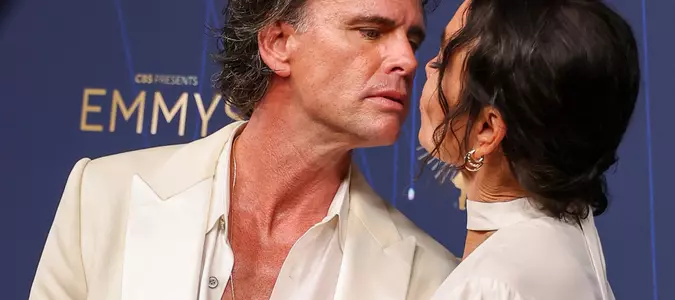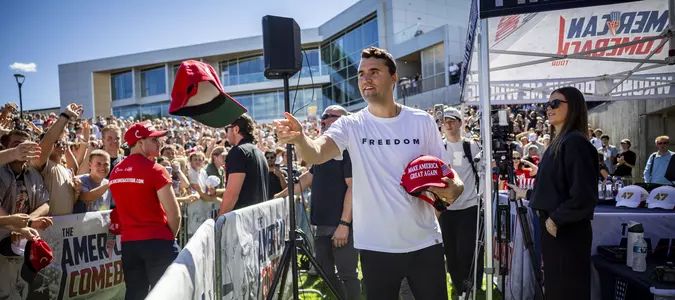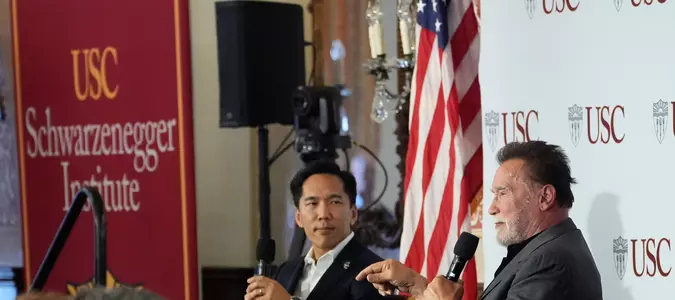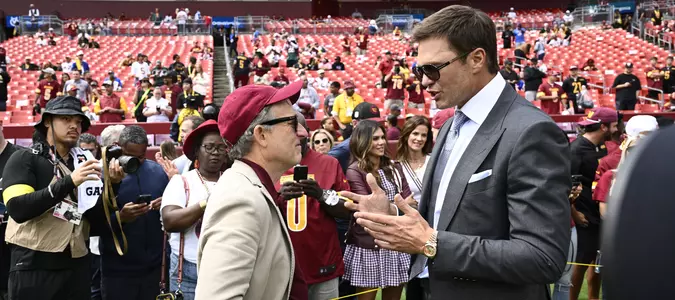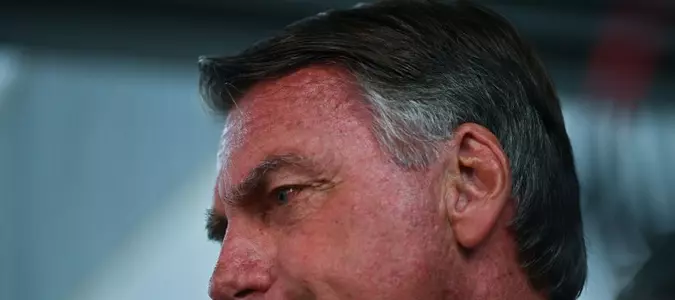

Movie review: 'One Battle After Another' an epic of absurdity, action
"One Battle After Another," starring Leonardo DiCaprio and in theaters Sept. 26, captures absurdity and excitement as activists take on political enemies.

Leonardo DiCaprio stars in "One Battle After Another," in theaters Sept. 26. Photo courtesy of Warner Bros. Pictures UPI Deandra (Regina Hall, R and in mirror) comes to rescue Willa (Chase Infiniti) in "One Battle After Another," in theaters Sept. 26. Photo courtesy of Warner Bros. Pictures UPI Perfidia (Teyana Taylor) has a history with Lockjaw (Sean Penn) in "One Battle After Another," in theaters Sept. 26. Photo courtesy of Warner Bros. Pictures UPI Benicio Del Toro plays Sensei Sergio in "One Battle After Another," in theaters Sept. 26. Photo courtesy of Warner Bros. Pictures UPI Chase Infiniti stars in "One Battle After Another," in theaters Sept.26. Photo courtesy of Warner Bros. Pictures UPI
LOS ANGELES, Sept. 17 (UPI) -- One Battle After Another, in theaters Sept. 26, takes writer/director Paul Thomas Anderson's ensemble leanings in bold, new directions. With way more action and absurdity than Boogie Nights, Magnolia or even Inherent Vice, One Battle takes an epic approach to both.
Leonardo DiCaprio and Teyana Taylor star as Pat and Perfidia, a couple who are activists for French 57, a group whose causes includes staging breakouts from immigration detention centers and bombing anti-abortion politicians. Shortly after they have a baby, Perfidia is caught by police after a botched bank robbery.
Pat takes their daughter into hiding, where they assume the identities of Bob and Willa Ferguson (Chase Infiniti). 16 years later, Captain Steven Lockjaw (Sean Penn), the border guard who negotiated Perfidia's surrender, returns looking for them.
Anderson's first bona fide action movie defies any 1:1 comparison to other films. The closest way to describe it would be Taken in the style of Uncut Gems.
...

French 57 gets wind that Bob and Willa have been found out while Willa is at a high school dance. Deandra (Regina Hall) rendezvous with Willa and takes her to safety, but Bob runs into some issues with the group's protocol after 16 years away.
In that time, Bob has gotten drunk so much and done so many drugs that he doesn't remember passwords and rendezvous points. Plus, 16 years would be a long time for a sober person's memory too.
He finds an ally in Willa's martial arts sensei Sergio (Benicio Del Toro), who helps him evade the military troops closing in on him. Much of the action features Bob bumbling around, still wearing his plaid robe, trying to remember and arguing with the allies he cannot answer.
The camera follows him in long, chaotic takes in a squared-off Vistavision frame accompanied by a syncopated piano score. Meanwhile, Willa and Deandra flee to safety while Lockjaw tracks them down.
Anderson stages sequences around real highway geography. It's not The Fast and the Furious or Mad Max; rather, it shows what happens when real cars collide, and in a more visceral way than most action movies today because it's not filmed against green screens or LED screens.
Of course, Anderson's action film is still a socially minded one. There are the causes championed by the French 57, as well as commentary on a racist elite class.
Lockjaw is invited to join an elite society whose name is so ridiculous it shows powerful racists as absurd as they are. The group is against "dangerous lunatics, haters and punk trash," which suggests they're putting more emphasis on the least reasonable threats.
...

Lockjaw is as absurd a character as Penn has ever played, although taking himself as seriously as he does in this film gives him the edge over Fast Times at Ridgemont High's surfer dude Spicoli.
DiCaprio and Del Toro are a fun duo, with Sergio surprisingly competent for matching Bob beer for beer. Featured in only the first portion of the movie, Taylor makes an impact with Perfidia's powerful independence, a baton Hall picks up when she takes over in the narrative.
Infiniti is the heart and soul of the film, however. Her character Willa is a teenager who won't let her father smother her, but she's not reckless. It was nothing she did that brought Lockjaw upon them, yet she defends herself and her family after being put in a position where no 16-year-old should be.
Anderson cites the Thomas Pynchon novel Vineland as an inspiration for the film, though Pynchon's book doesn't get a "based on" credit. It appears Anderson updated the story of '60s radicals in the '80s to modern issues.
With two different eras to chronicle and a host of characters separated and intersecting throughout, One Battle more than justifies its three-hour run time. Those hours are filled with memorable characters, humorous observations and suspenseful thrills, so every moment is worthwhile.
Fred Topel, who attended film school at Ithaca College, is a UPI entertainment writer based in Los Angeles. He has been a professional film critic since 1999, a Rotten Tomatoes critic since 2001, and a member of the Television Critics Association since 2012 and the Critics Choice Association since 2023. Read more of his work in Entertainment.


